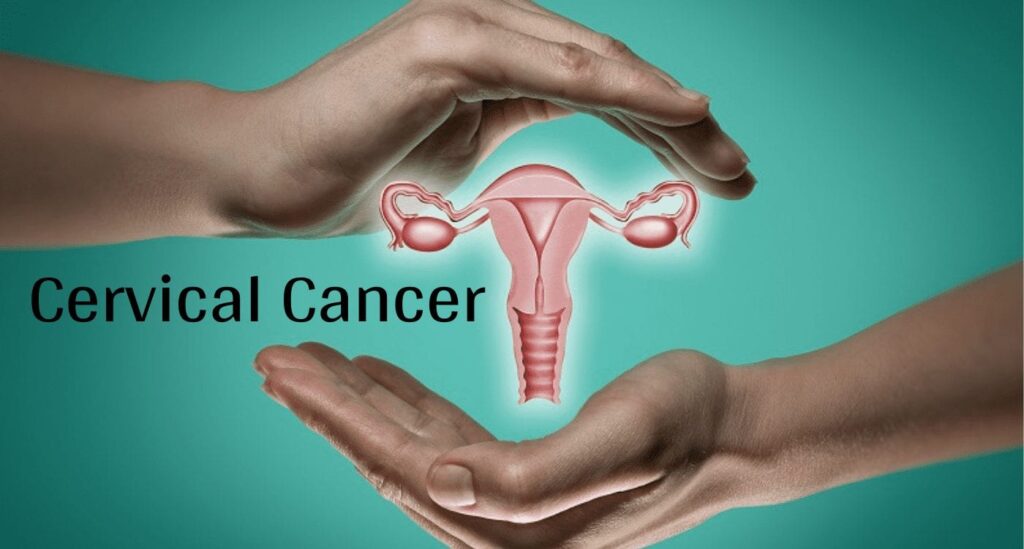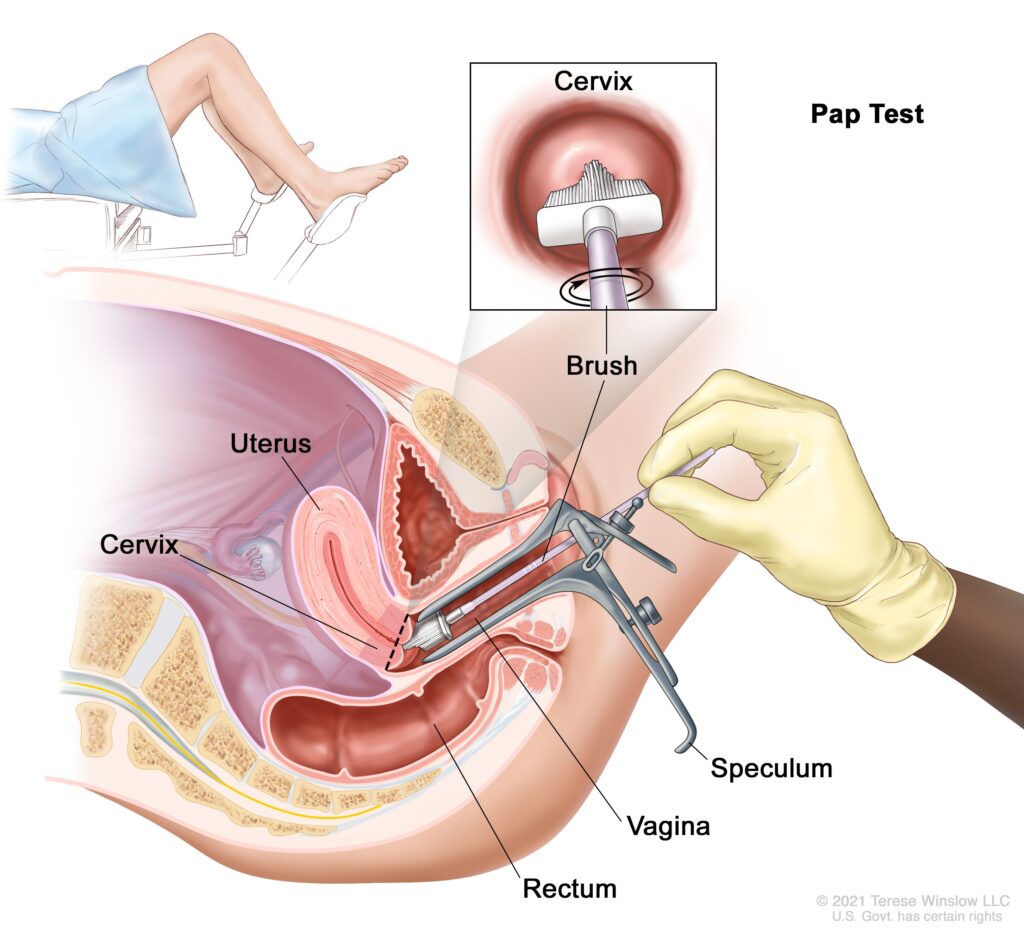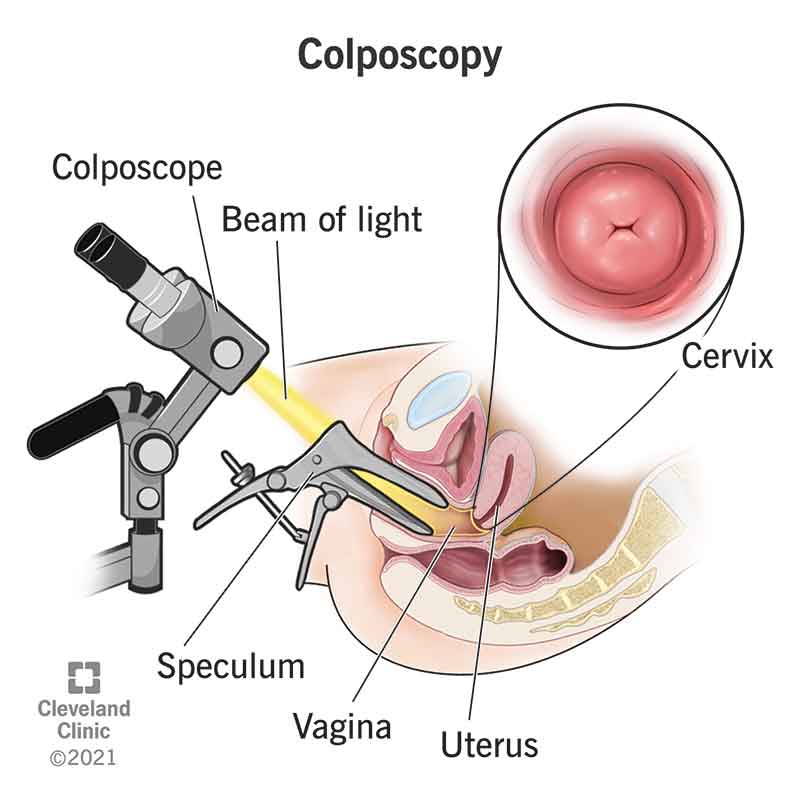Cervical cancer is is a type of cancer that occurs in the cells of the cervix. Cervix is the lower part of the uterus (womb) in the human female reproductive system. The cervix is usually 2 to 3 cm long (~1 inch) and roughly cylindrical in shape, which changes during pregnancy. In human female reproductive system cervix play the following functions; Allows fluids (semen, menstrual blood) to flow inside and out of your uterus, act as a powerful gatekeeper that can open and close in ways that make pregnancy and childbirth possible.

Cause Of Cervical Cancer:
Cervical cancer is mainly caused by type of virus known as ‘Human Papilloma Virus’ HPV.
This virus is transmitted by having unprotected sexual intercourse with an infected person.
To learn more about health visit: HOME | ISAYA FEBU
Risks Factors Contributing To Cervical Cancer To A Women:
The following are the factors that put women in a risk of having cervical cancer namely;
1) Early age at first sexual intercourse (below 18 years).
2) Cigarette smoking.
3) Multiple sexual partners
4) Eating foods rich in cholesterol.
5) Immunosuppression.
6) Lack of vegetables and fruits in the diet.
Symptoms Of Cervical Cancer:
Cervical cancer start occurs and develops for a long time without showing any symptoms.
Symptoms that can happen when the disease is in a late stage include;
1) Pain during sexual intercourse (dyspareunia).
2) Bleeding after intercourse.
3) vaginal bleeding between periods.
4) Menstrual bleeding that is longer or heavier than usual.
5) Blood in the urine (hematuria).
6) pelvic pain.
7) A change in your vaginal discharge such as more discharge or it may have a strong or unusual colour or smell.
8) Vaginal bleeding after menopause.
9) Anaemia.
Diagnosis Of Cervical Cancer:
Mostly cervical cancer takes a long time to show symptoms.
Investigations to be done in this disease include;
1) Pap smear.
This investigation is simple and has got no complication. You are advised to do pap test at least once in a year.

2) Colposcopy.
This is the investigation that uses a device knowns as colposcope to look cells of the cervix.

Treatment Of Cervical Cancer:
Treatment of this disease is usually provided according to the stage of it’s progression.
When the disease is in its initial stage, it can be cured completely, however there is a chance of recurrence of the disease.
Although when the disease is in a late stage, it cannot be cured. However during this stage treatment to relieve pain and palliative care is provided to a patient.
Late stage diasease treatments involve treatment with a combination of radiotherapy and chemotherapy (chemoradiotherapy) for stage 4A cervical cancer. With this treatment, you have daily external radiotherapy for 5 days every week, for around 5 weeks. You also have a boost of internal radiotherapy (brachytherapy) at the end of your course.
Preventions Of Cervical Cancer:
Women are advised to do the following in order to protect themselves against cervical cancer namely;
1) Vaccination against ‘Human Papilloma Virus’.
2) Avoid early age at first sexual intercourse.
3) Be faithful by avoiding multiple sexual partners.
4) Use condom whenever you feel to have sexual intercourse.
5) Avoid cigarette smoking.
6) Getting cervical cancer tests at least once in a year.
7) Treat sexual trasmitted infections effectively.
8) Reduce consumption of foods rich in cholesterol.
Conclusion:
For advices and treatments of diseases related to the male and female reproductive systems, contact us 0625 305 487.
It’s me who care about your health, Dr ISAYA FEBU.












Words cannot adequately convey my gratitude for the valuable insights I’ve gained from this website. Thank you for sharing your knowledge and expertise with such generosity. The information provided is not only accurate but also presented in an engaging and accessible manner. It’s refreshing to find a website that consistently delivers high-quality information. Great Thanks! ID : CMT-EIM8NL7R05TFUF6998
Thanks